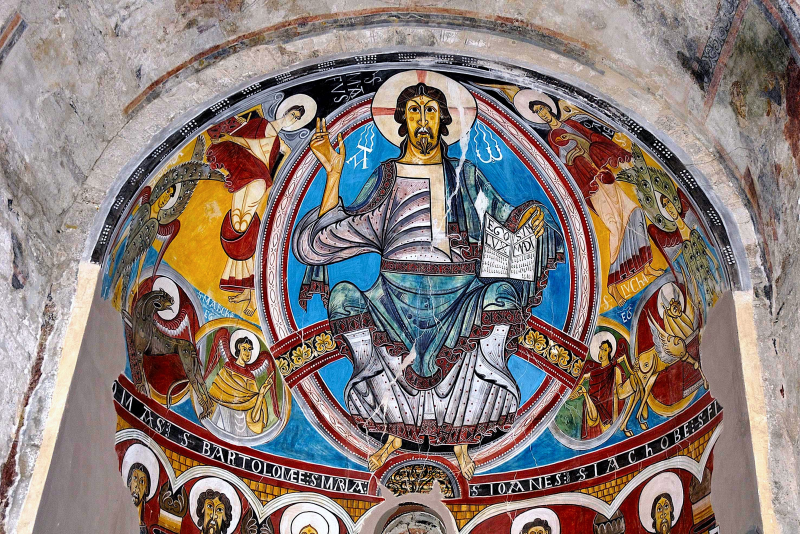The art of reaching agreement
When consensus marks the path of participation in the company

Chapter IV of the Compendium of the Social Doctrine of the Church is dedicated to the principles of the Social Doctrine. Among them, and as a consequence of the principle of subsidiarity, is that of participation, which contributes to economic life, and “is a duty that everyone must fulfill consciously, responsibly and with a view to the common good” (CDSI 189).
For the company, the participation of all the people involved in its activity, in the form and to the extent that is appropriate and determined, must be an element proper to its internal dynamics.
It is, therefore, a principle that underlines the leading role of every one of the people who make up the interest groups in a company. Participation is contrary to passivity, whether imposed or self-imposed, and is expressed through those activities through which people, individually or through their legitimate representatives, contribute to the life of the economic activity.
Participation is not only a right but also a duty that a person must perform responsibly for the common good. A duty that begins with a commitment to education and information, requirements that ensure that our participation is neither manipulated nor manipulative.
Participating implies reaching an agreement, which is an art; like painting a picture, composing a song or modelling a sculpture. The important thing is not to lose sight of the beauty of the result, even if we have previously had to rack our brains (and make many sketches) until achieving harmony, balance, the effectiveness of the message…
But all art requires raw material. Clay, oil, musical notes, language… are put at the service of the artist’s spirit until they participate in the well-made work and merge into an endless number of possibilities.
Reaching an agreement also has its raw material: those elements present in the background of human relations and without which it ceases to be art and becomes stridency, noise, chaos. I can think of five essential components to take the first steps in what we call “the art of reaching an agreement”:
- Respect as a basic rule. Respecting oneself and respecting others… Respect is discovering that people are more important than ideas; that ideologies must give way to the unique dignity of each human being.
- Dialogue as a path. Learning to dialogue involves knowing how to listen (to others and to our own conscience) and knowing how to transmit, a task that is not always easy. Dialogue implies positioning oneself from an attitude of searching for the truth, for what is good for the common good.
- Reflection as a source of wisdom. Knowledge does not consist only of gathering qualifications, but, fundamentally, in reflecting, in “savouring” and meditating, contemplating everything that comes to us from outside and that which is born from within us.
- Solidarity as a disposition. Being supportive is the best way to not become a loner. Solidarity is putting yourself in the shoes of others, especially those most in need.
- Coherence as the key to dignity. It is about trying to put into practice everything that we consider values in our lives in the light of the Gospel. In this way, our being an image is strengthened and our being a likeness of God is forged.
Perhaps by kneading these elements, and adding “a personal touch”, we will one day discover ourselves as artists in this complex work where it is not always easy to discover the brilliance of interpersonal relationships.
Dionisio Blasco España is Territorial Delegate in the Diocese of Malaga and member of the Executive Committee of Corporate Social Action
Related

Sleeping Well for a Better Life: Ideas That Will Make You Rethink Your Nights
Alejandro Fontana
05 May, 2025
4 min

With the “smell of sheep”
Mario J. Paredes
05 May, 2025
5 min

In Defense of the Church
José María Montiu de Nuix
02 May, 2025
5 min

Jesus Christ, Yesterday and Today
Jesús Ortiz López
02 May, 2025
5 min
 (EN)
(EN)
 (ES)
(ES)
 (IT)
(IT)

